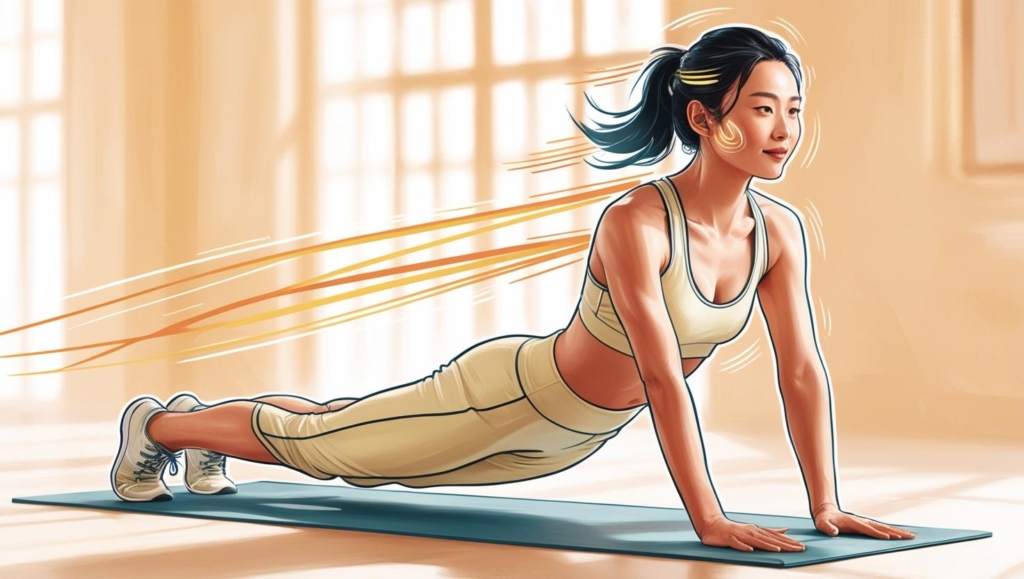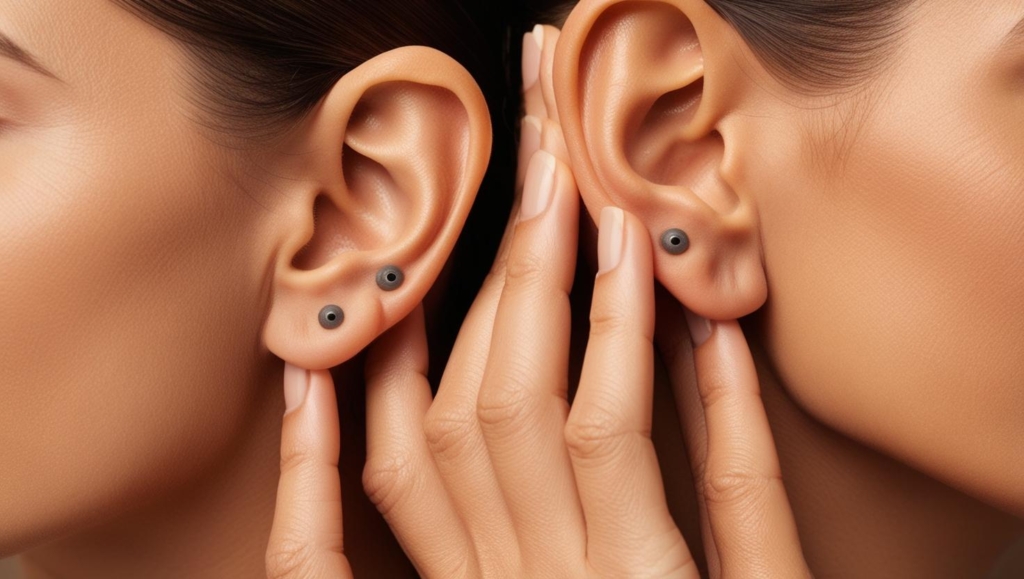
How to Support and Optimize Your Hearing Naturally: Proven Tips for Better Ear Health
Imagine this: You’re at your favorite café, sipping coffee, and a friend shares an exciting story—but you struggle to catch every word. You nod along, but deep down, you wish your hearing was sharper.
Hearing is a precious sense, and just like eyesight or heart health, it needs care. Many people think hearing loss is inevitable with age, but the truth is you can naturally support and even optimize your hearing with the right habits, nutrition, and lifestyle changes.
Let’s dive into science-backed strategies to protect and improve your hearing—naturally.
1. Nourish Your Ears with the Right Nutrition

Your ears rely on essential nutrients to function well. Here are key vitamins and minerals that support hearing health:
🔹 Magnesium – Helps protect against noise-induced hearing loss (found in spinach, avocados, and bananas).
🔹 Omega-3 Fatty Acids – Reduce inflammation and boost blood flow to the ears (found in salmon, walnuts, and flaxseeds).
🔹 Vitamin C & E – Powerful antioxidants that combat free radical damage (found in citrus fruits, almonds, and sunflower seeds).
🔹 Zinc – Supports the immune system and may prevent age-related hearing loss (found in chickpeas, beef, and cashews).
What to Avoid?
🚫 Too much caffeine – Can reduce blood flow to the inner ear.
🚫 High sugar intake – Linked to inner ear damage and tinnitus.
🚫 Excess salt – Can contribute to fluid retention and affect ear pressure.
2. Protect Your Ears from Noise Damage

Long-term exposure to loud sounds is one of the biggest causes of hearing loss. Protect your ears by:
🔸 Using noise-canceling headphones instead of blasting music through regular earbuds.
🔸 Following the 60/60 rule – Listen at 60% volume for no more than 60 minutes at a time.
🔸 Wearing earplugs at concerts, construction sites, or while using power tools.
🔸 Keeping the volume under 85 decibels – If you have to shout over the sound, it’s too loud.
3. Practice Hearing Exercises

Your brain plays a huge role in processing sound. Strengthen your auditory system with these simple hearing exercises:
🎧 Sound Localization Game – Close your eyes and have someone play sounds from different directions. Try to identify where it’s coming from.
📖 Auditory Training Apps – Apps like “Sound Scouts” or “LACE” can help sharpen hearing.
🎵 Active Listening – Focus on specific sounds in a noisy environment (like distinguishing instruments in a song).
4. Keep Your Ears Clean—But Safely!

🛑 Never use cotton swabs – They push wax deeper into the ear canal, leading to blockages.
✅ Use ear drops or warm olive oil to soften wax naturally.
✅ See a doctor for professional cleaning if you experience buildup or discomfort.
5. Improve Blood Circulation for Ear Health

Better blood flow = better hearing! Try these techniques:
🏃 Exercise Regularly – Walking, yoga, and stretching promote circulation to the inner ear.
💆 Massage Your Ears – Gently rub your earlobes and around the ear to increase blood flow.
🧘 Reduce Stress – High-stress levels can trigger tinnitus and hearing issues. Practice deep breathing or meditation.
Final Thoughts: Take Charge of Your Hearing Health

Your hearing is not just about your ears—it’s about your overall well-being. By eating the right foods, protecting your ears from noise, practicing hearing exercises, and improving circulation, you can naturally optimize your hearing and prevent future problems.
Start small! Which of these habits will you try first? Let us know in the comments!
👉 For more health tips and wellness advice, visit Fittrru.com!
This article is compiled from reputable health sources, scientific studies, and expert recommendations on hearing health. Below are some of the key references used:
- National Institute on Deafness and Other Communication Disorders (NIDCD) – Research on noise-induced hearing loss and protective measures.
- Harvard Medical School – Insights on nutrition and its role in supporting auditory health.
- American Speech-Language-Hearing Association (ASHA) – Guidelines on safe listening practices and auditory training.
- Mayo Clinic – Information on common causes of hearing loss and natural remedies.
- World Health Organization (WHO) – Studies on the impact of lifestyle and noise pollution on hearing.
Disclaimer
This article is for informational purposes only and does not constitute medical advice. If you experience hearing problems, consult a healthcare professional.




